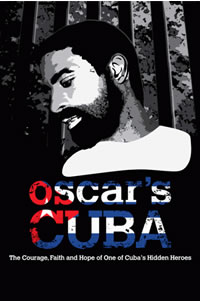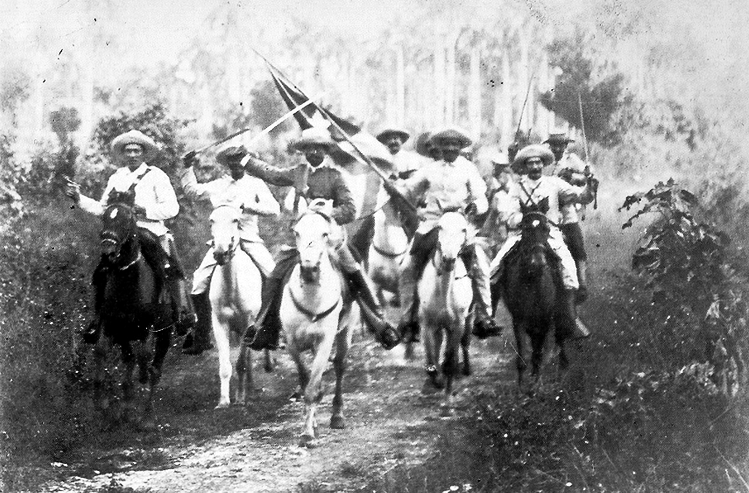 There's plenty of news to unpack about the released Cuban prisoners in Spain so let's get to it. First, there's one important matter to settle: were the released Cuban political prisoners given the option to stay in Cuba or were they coerced to emigrate to Spain?
There's plenty of news to unpack about the released Cuban prisoners in Spain so let's get to it. First, there's one important matter to settle: were the released Cuban political prisoners given the option to stay in Cuba or were they coerced to emigrate to Spain?The last few days of reports indicate that the Cuban political prisoners were likely coerced into becoming political refugees in Spain. Initial reports had indicated that the option to leave Cuba was "a proposal" (words of Cardinal Jaime Ortega) and that political prisoners "could go to Spain if they wish" (words of Miguel Angel Moratinos). What seems to be left out is the fact that political prisoners were given two cruel options: leave Cuba immediately or stay in prison and suffer until who knows when.
[The Cuba Triangle also has a good analysis on this matter, with a different conclusion.]
A recent report from Fernando Ravsberg (BBC Mundo) inside Cuba asks the important question: What happens to the dissidents who want to stay? The answer for the moment is we don't know yet. More than five prisoners have rejected the proposal to leave Cuba. In the meantime, Ravsberg gives us a picture into how some of the released political prisoners were contacted. According to the wife of one liberated prisoner, Cardinal Ortega personally called all political prisoners "and demand[ed] an answer at the very moment."
Ravsberg's interview with another wife of a political prisoner fills in the rest. "On the 2nd of July I told [Cardinal Ortega] that my husband would not accept leaving Cuba. I was given no reply, he just looked at me and said nothing."
Now in Spain, the released political prisoners are making important revelations about Cuban prison conditions, and how they desire to return to Cuba and continue their struggle to free all political prisoners. These are not the comments of men who were given a choice to leave "if they wish."
One former prisoner spoke of "subhuman facilities. You didn't have light, nor drinking water. You didn't know who was in the neighboring cell. You were isolated from everything." The effects of such isolation are apparent in one of the released prisoners, Antonio Villareal, who seems to refuse to leave his room at the Spanish hostel. "They have psychologically destroyed him," his friends say. Today, the former political prisoners spoke about how their "cells were rat- and roach-infested and that disease was rampant." Some prisoners were clearly physically deteriorated from disease, such as Jose Luis Garcia Paneque. Another prisoner released inside Cuba last month, Ariel Sigler, was seen in worse conditions due to polyneuropathy, [edit] possibly caused by horrible prison conditions.
But, in the end, these former political prisoners want to eventually return to Cuba and help free all political prisoners who continue suffering inside Cuban jails. They also desire economic, social and political changes inside Cuba. But, they are not militants. They are not calling for all Cubans to march in the streets and protest or rebel.
"These liberations [of political prisoners] do not mean an improvement of human rights in Cuba. It's a first step to restart the dialogue between Cuba and the European Union."
(Don't expect to hear that "dialogue" word in Miami. This evening I didn't hear it reported in the evening news reports by Univision23 or Telemnudo51.)
(Also, these cases, in my opinion, are not forced exile. Manuel Zelaya [June 2009] being forced out by soldiers in his pajamas and flown to Costa Rica [in violation of the Honduran constitution, Article 102] is forced exile.)
[Photo of Julio Cesar Galvez by Reuters]
























